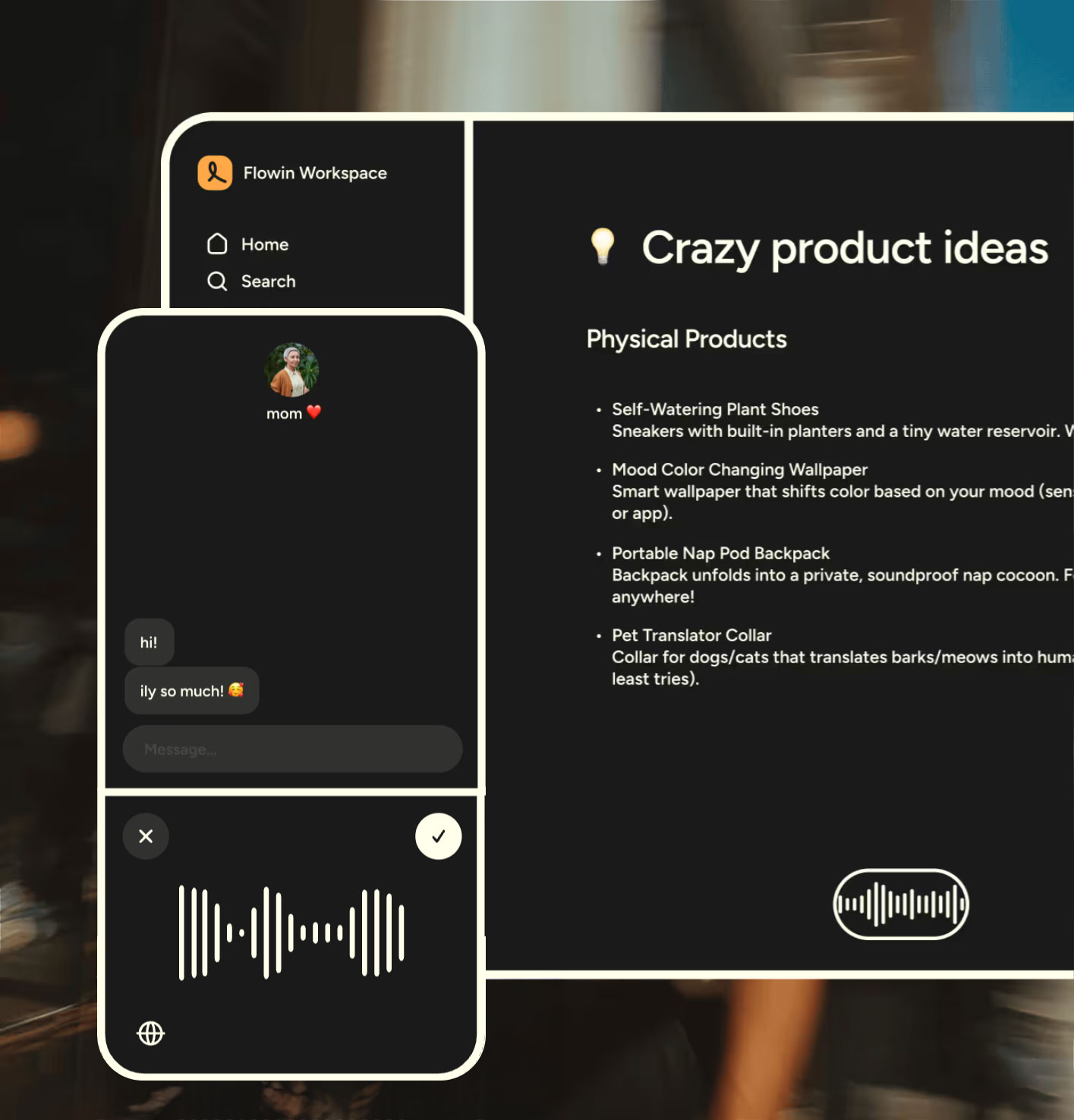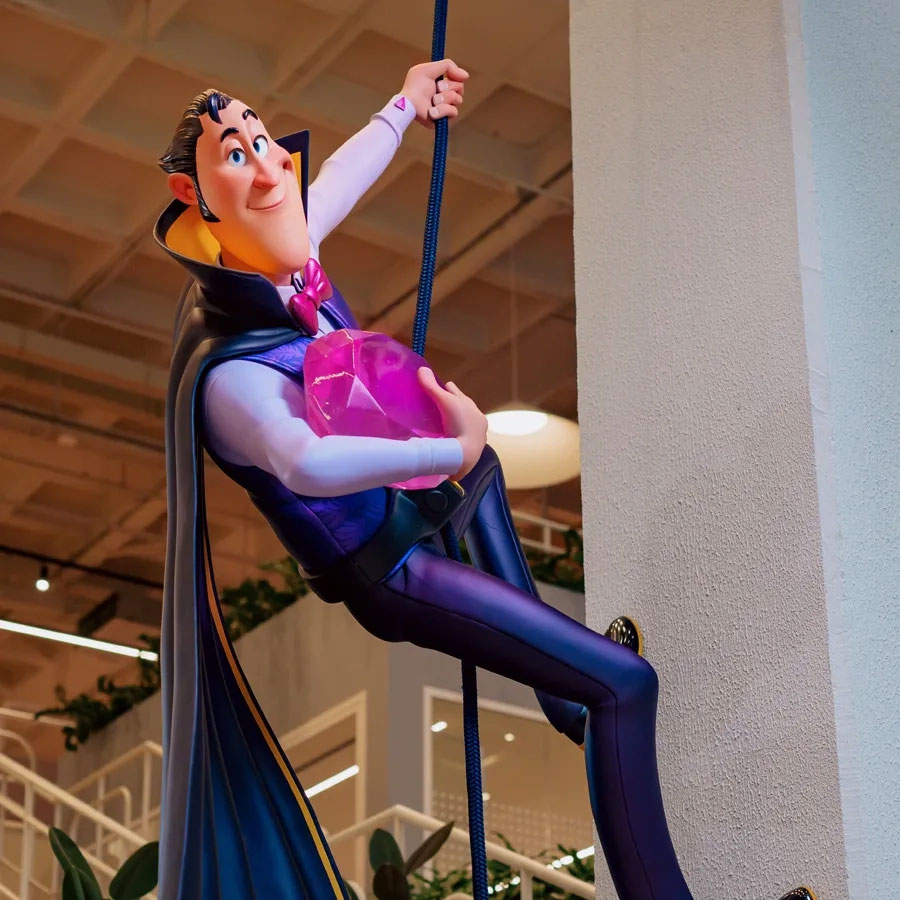The meteoric rise of several iconic marketplaces in just a few short years has ushered us into the midst of an unprecedented era of the Right Now Economy. When marketplaces work, it results in a win-win-win for buyers and suppliers, entrepreneurs and investors, and the business and broader economy. Previously underutilized assets like homes, cars, hotel rooms, and even human capital can now be allocated and aggregated with the touch of a finger thanks to the proliferation of mobile devices and the powerful economics they enable for consumers and providers alike.
At Menlo, we believe the next 1,000,000 jobs will be enabled by the next generation of marketplaces that have unbundled traditional value chains now captured by a rising middle class and delighted customers. More jobs are just one of many exciting byproducts of a successful marketplace, which can unlock untold value through nascent shadow markets, higher wages, and fixed asset utilization. We’ve uncovered many of these common threads after investing heavily in developing deep sector expertise through board experience and proprietary research, so we wanted to share our excitement and thoughts with the community about Menlo’s love for marketplaces and commitment to investing in the space.
Our work culminated in Menlo Loves Marketplaces, an event that gathered more than 100 top marketplace executives at The Battery in San Francisco for two panels about the trends, opportunities, and challenges facing entrepreneurs scaling businesses in the marketplace sector today.
Household names like Uber and Airbnb were a popular topic of conversation amongst attendees, but our esteemed panelists stole the show with profound insights and sound bites on how they scaled their businesses successfully:
1. Fake the chicken
When oDesk started, the team manually matched workers with jobs, even though oDesk appeared to be an automated system.
“Sometimes you have to fake the chicken.”
—Gary Swart, CEO of oDesk
2. Drugs, vitamins, or candy?
Work backwards by evaluating demand before building the product.
“You have to figure out whether you are selling (legal) drugs, which is medicine you need; candy, which is things you want; or vitamins, which is something you think you should need”
—Sam Zaid, CEO of Getaround
3. Cure a cold start by seeding supply
Rover hacked the early supply problem by listing its VC investors as potential dog-sitters.
“To this day, we still have one in Seattle who’s an active sitter on Rover.”
—Aaron Easterly, CEO of Rover
4. Keep an open mind and ear to the ground
Postmates started in San Francisco as a service to deliver an item that a merchant had just sold.
“Two things happened. First, nothing happened. None of these merchants actually used the program. But we had a bunch of people downloading the app who were trying to use it for something it wasn’t designed it for—to get an item purchased and delivered from a store. So we did a test and we sent our couriers around with $100 Visa gift cards to make the purchases, and we did $20,000 worth of business in one weekend. And that’s Postmates, the product you know right now.”
—Bastian Lehmann, CEO of Postmates
5. Bespoke markets need nimble entrepreneurs
You can’t count on new markets to act like existing ones. UrbanSitter found a lot of potential babysitters in San Francisco among college students looking to make extra money. But that wasn’t the case when it expanded into Boston.
“They’re a little more focused on their education and a little less interested in making money on the side.”
—Andrea Barrett, Co-Founder of UrbanSitter
6. Hike Everest city by city
“Building a marketplace that services everyone, everywhere, is kind of like scaling Mt. Everest. Nobody starts at the bottom of Everest and looks up and starts climbing. What you do is establish basecamps. Local marketplaces are like that—first you have to build the playbook, and then you scale the playbook.”
—Rishi Mandal, CEO of Sosh
7. Process, playbook, and software
Now in six cities, Postmates relies on “process, playbook and software” to tackle a market and decide which cities are next.
8. Life-as-a-Service
How far can the marketplace concept go? The possibilities may be infinite.
“In five years, will we even own things?”
—Jeremiah Owyang, founder of Crowd Companies
This was just a snapshot of the enlightening conversation that we hope to continue in the years to come through more events and thought pieces for entrepreneurs. While we know we have our work cut out for us, Menlo prides itself on being most active venture investor in marketplaces from seed to growth across consumer goods, fashion, home services, transportation, and food. While we’re excited about these categories, we’re also proactively seeking to invest in industries like entertainment, real estate, finance, healthcare, education and government procurement that we believe are ripe for marketplace disruption.
Menlo would like to thank Semil Shah of Swell and Haystack Fund and Jeremiah Owyang of Crowd Companies for moderating the panels. Panelists included top executives of Menlo portfolio companies (Aaron Easterly, CEO of Rover, Sam Zaid of Getaround, and Andrea Barrett, Co-founder & VP of Product at UrbanSitter) as well as executives of other high-flying startups including Udemy, oDesk, Postmates, Sosh, and Sprig. We were fortunate and honored to host such a distinguished group of entrepreneurs, and we hope to see you at our next event!
Watch the full length videos:





